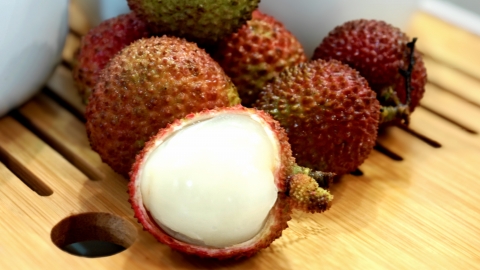Can patients with mammary hyperplasia eat lychee?
Generally speaking, patients with mammary gland hyperplasia can eat lychees, but should avoid excessive consumption. The detailed explanation is as follows:

Lychees are rich in various nutrients, such as vitamin C, protein, and sugars, which can help patients with mammary gland hyperplasia supplement nutrition and enhance disease resistance. Additionally, lychees contain relatively low levels of phytoestrogens, which will not significantly affect the body's estrogen levels; therefore, patients with mammary gland hyperplasia may consume them in moderation. Moreover, the sweet and sour taste of lychees can stimulate appetite, helping to prevent and improve symptoms of anorexia.
However, lychees have a high sugar content. Excessive consumption might lead to excessive caloric intake, indirectly affecting body weight and hormone levels, which could negatively impact mammary gland hyperplasia. Furthermore, lychees are considered a heat-inducing fruit; overconsumption may cause heat-related symptoms such as oral ulcers and sore throat, which could indirectly affect breast health. Therefore, it is recommended to control lychee consumption in daily life.
In daily life, it is recommended to undergo regular breast examinations and follow medical advice for treatment and management, which will help maintain breast health.







